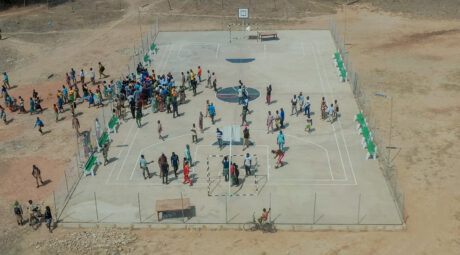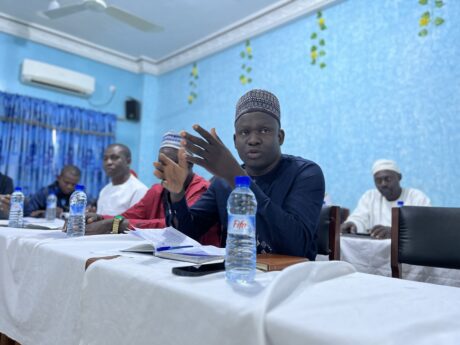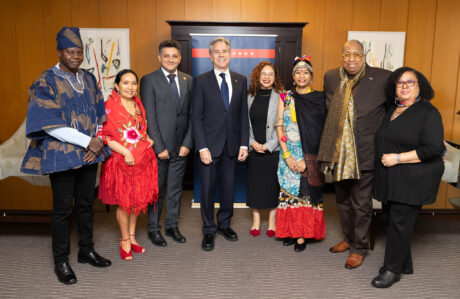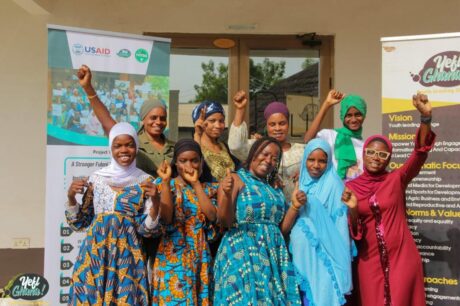In Western Africa and the Sahel, longstanding social, political and economic weaknesses have fueled the spread of violent extremism for decades.
Though many Coastal West African countries have relatively functional state institutions and are more resilient than their Sahelian counterparts, they exhibit many of the same weaknesses making them fertile ground for criminal activities and the expansion of violent extremist organizations.
The Littorals Regional Initiative (LRI) is designed to work at the community level to support counterparts in target areas to withstand the increasing pressures of violent extremism by addressing factors of instability. As an element of the broader U.S. government goal of preventing the spread and consolidation of violent extremist organizations in Coastal West Africa, this USAID/Office of Transitions Initiative (OTI) program increases community resilience and strengthens the capacity of local actors and governments to respond to destabilizing threats.
Working in Ghana, Togo and Benin, the program supports local partner efforts to build resilience (such as helping them manage local conflicts and to support improved inter- and intra-community dynamics among key groups) and to help bring a voice to excluded groups, particularly, women, youth and ethnic minorities.
The USAID program leverages the Office of Transitions Initiative’s model of reaching the most vulnerable locations, particularly along border areas, to support key populations that are striving to maintain security and peace in their communities. The Littorals Regional Initiative uses targeted grants to local organizations and considers various factors when making strategic engagement decisions, including the program’s ability to be impactful at the community level.
Program Goals
LRI leverages the OTI model of reaching the most vulnerable locations, particularly along border areas, in order to support key stakeholders who are striving to maintain security and peace in their communities. The program aims to enable local and national actors to increase community stability and strengthen social cohesion in targeted communities in order to help them become better prepared to withstand external shocks and threats.
LRI focuses on increasing community stability by empowering local and national actors to address vulnerabilities to violence, conflict, and violent extremism. By strengthening the capabilities and motivation of key stakeholders through increased awareness and skills in areas such as PVE awareness, advocacy, communication, conflict resolution, and early warning monitoring, the program aims to foster a sense of ownership and proactive intervention for the common good. Additionally, by enhancing the capacity of these stakeholders to engage with their communities on peace and security issues, the program seeks to promote sustained positive engagements and collective action to mitigate threats and increase stability.
LRI aims to strengthen cohesion in targeted communities by fostering sustained, positive inter- and intra-community engagements and increasing the social inclusion of marginalized groups. By encouraging communities to interact with marginalized groups, LRI helps identify common ground, reducing opportunities for conflict and exploitation by violent extremist organizations. Additionally, by highlighting the value of including marginalized groups and the risks of their isolation, LRI works to change attitudes and perspectives, promoting greater social inclusion and reducing grievances that could lead to conflict.



